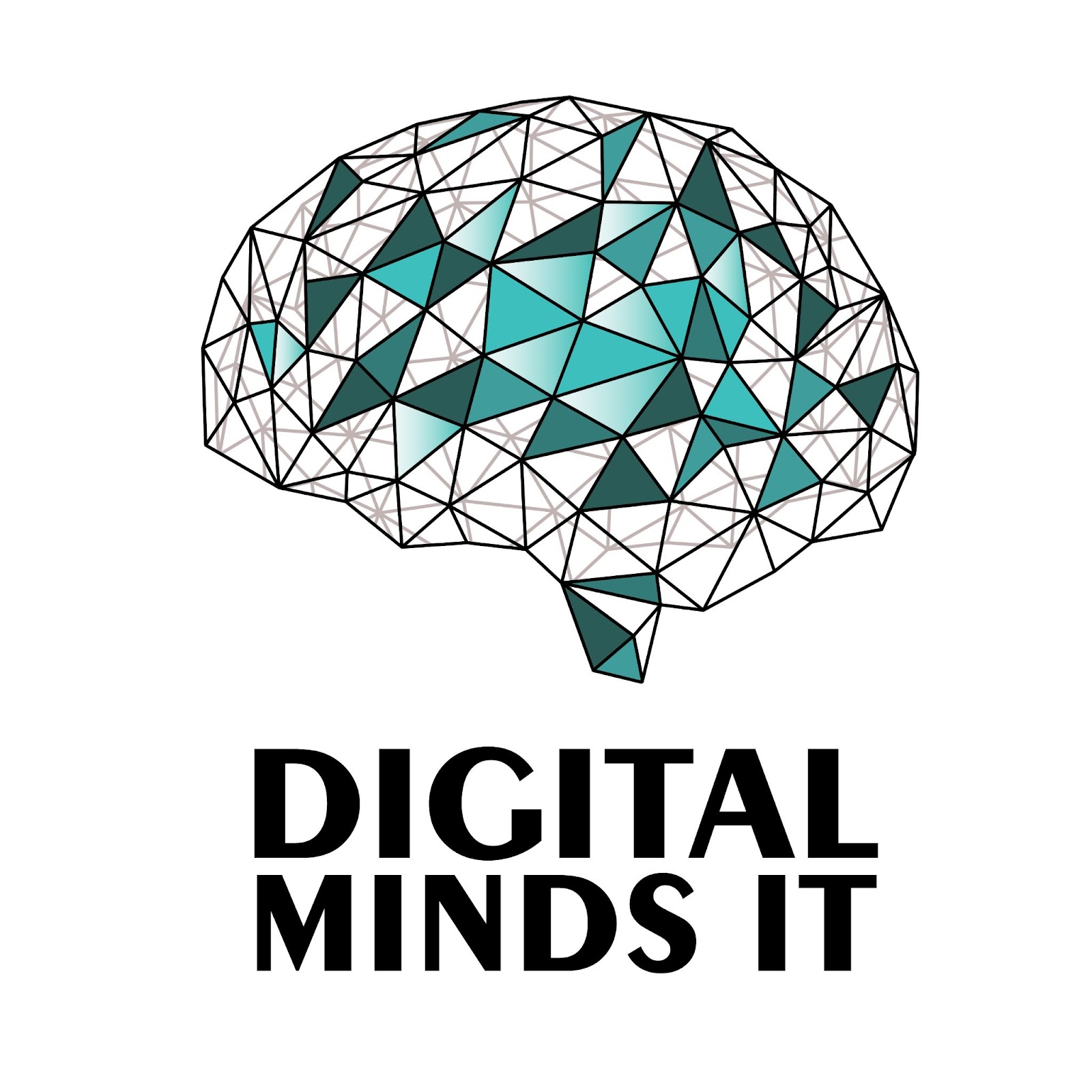Quantum computing is unquestionably a cutting-edge
technology that has immense potential; nevertheless, just like any other
developing industry, it comes with its fair share of challenges and downsides.
Before quantum computing can be deemed a mainstream and generally recognized
technology, there are a number of significant hurdles that need to be overcome
by academic institutions and private organizations. Although quantum computing
has the potential to change a wide variety of industries, this is not currently
the case at this time. In this article, we will talk about some of the most
major problems related with quantum computing and how they affect the industry.
1. Hardware Complexity and Cost
The difficulty as well as the expense of creating and
maintaining quantum hardware is one of the fundamental obstacles that must be
overcome in quantum computing. In order to function properly, quantum computers
need to be kept at temperatures very near to absolute zero. This requires the
use of incredibly sensitive and accurate equipment. When compared to
conventional computers, quantum computing gear is substantially more difficult
to maintain and significantly more expensive due to the need for specialist
equipment and expensive cooling systems.
2. Error Rates and Quantum Decoherence
Quantum systems are very susceptible to the influences of
their surroundings, which makes them prone to mistakes and loss of coherence.
Quantum bits, also known as qubits, are quickly disrupted when subjected to
external influences such as variations in temperature or electromagnetic
radiation. The chance of mistakes rises along with the scalability of quantum
computers, which means that error-correction strategies will need to be
developed in order to keep up with the pace of technological advancement.
3. Limited Qubit Lifespan
Qubits have a finite amount of coherence time, which is the
amount of time that they are able to keep their quantum state before
decoherence causes them to collapse into classical bits. It is essential to
lengthen the amount of time that the coherence is maintained in order to
successfully execute sophisticated quantum algorithms and avoid making
mistakes. Quantum computing researchers still face a huge obstacle in the form
of an ongoing struggle to extend the lifetime of qubits.
4. Software and Algorithm Complexity
Quantum algorithms are quite distinct from their classical
analogs, and as a result, problem-solving strategies often need to be
rethought from the ground up when using them. The development of quantum
algorithms is a very difficult task that involves skills in both quantum physics
and mathematics. It is not usually a simple process and may take a substantial
amount of reengineering to adapt conventional software so that it can function
on quantum hardware.
5. Scalability Issues
The construction of large-scale quantum computers is a
challenging endeavor because of the difficulties associated with preserving
qubit coherence and reducing error rates. The complexity of the
interconnections and communications between qubits rises along with the scale
of the quantum systems that are being used. A primary challenge is continuing
to consist of ensuring scalability while also preserving performance and error
rates.
6. Quantum Information Security
Quantum computing may provide traditional cryptography
methods with a challenge in the future despite the fact that it opens up
fascinating new avenues for the solution of difficult issues. Because quantum
computers have the potential to crack some cryptographic algorithms,
conventional methods of data protection are susceptible to attack. This problem
has resulted in the need for post-quantum cryptography, which necessitates the
creation and implementation of encryption methods that are resistant to the
effects of quantum computing.
7. Quantum Ethics and Social Impact
Quantum computing, like any other potentially disruptive
technology, presents important social and ethical problems. The capability of
quantum computing may make it possible to make substantial strides forward in a
variety of sectors, including artificial intelligence, medicines, and materials
research. However, this does raise some worries regarding the privacy of data,
as well as security, and the possibility for bad actors to use quantum
technology for their own ends.
8. Environmental Impact
Quantum computers may have significant demands placed on
their cooling systems and energy supplies. The use of cryogenic systems, which
are required to keep temperatures at very low levels, might need a large amount
of energy. It is essential to address the potential negative effects of quantum
computing on the surrounding ecosystem, in particular when the technology is scaled
up, prior to the widespread use of this technology.
9. Competition and Market Viability
There is a lot of competition in the realm of quantum
computing, with a lot of different corporations and research institutes trying
to take the lead. While this rivalry is great for driving innovation, it also
has the potential to result in efforts being splintered and duplicated. In
addition, the commercial feasibility of quantum computing is not yet clear,
which means that companies need to carefully evaluate both the potential
advantages and dangers of adopting quantum technologies before making any
decisions.
10. Limited Practical Applications
At the moment, quantum computing is in its infant stages,
and its applicability in the real world is quite restricted. The complete
spectrum of applications for quantum computing has not yet been achieved,
despite the fact that some quantum algorithms have shown considerable promise
in tackling certain issues. The applicability of quantum computing in a variety
of fields will become more apparent as the technology continues to advance and
an expanded software ecosystem is developed.
Conclusion
There is no doubt that quantum computing has the potential
to change whole industries and bring answers to problems that are currently
unsolvable with ordinary computers. Moreover, there is no dispute that this
promise can be realized. However, in order for quantum computing to realize its
full potential, a number of challenges will need to be surmounted. These
challenges include the difficulty of the hardware, high mistake rates, the
development of algorithms, and ethical concerns. As academic institutions and
corporations continue to invest in this potentially game-changing technology,
we may anticipate that these hurdles will be overcome and that the full
potential of quantum computing will be unlocked.




.jpg)

0 Comments